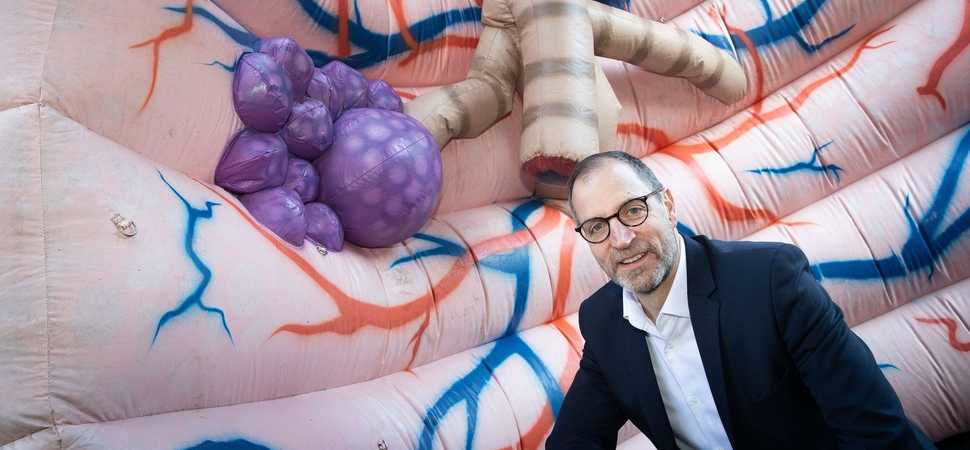
"We spend c 90 of our time indoors, so its critical that the air we breathe, some 10,800 litres a day, is of good quality, with low concentrations of CO2, pollutants and high ventilation rates"
Dr David Glover
Plasma Clean – which made its name providing kitchen ventilation solutions to McDonalds, Burger King and Hilton Hotels among others – is now adapting its cutting edge plasma and UV-C technologies to tackle more issues associated with indoor air quality across the workplace.
A survey commissioned by the Building Engineering Services Association (BESA) reports that almost 70% of office workers believe poor air indoor air quality in their place of work is having a negative effect on their day-to-day productivity, health and wellbeing.
Among the most common causes of poor air quality are ventilation systems issues, high CO2 levels, inadequate temperature control, humidity, infection and odour, poor air circulation and insufficient fresh air intake.
The government has pledged to tackle the issue of poor air quality outdoors with stricter ceilings coming in for emissions of air pollutants for 2020 and 2030.
But scientist and Plasma Clean founder Dr David Glover says the problem indoors is even worse, especially for businesses close to busy towns and cities.
He said: “Indoors you’ll find the same pollutants such as NOx (nitrogen oxides) and diesel particulates from outside, often at higher levels, mixed with volatile organic compounds (VOCs) such as dust, carpet fibres, fungal spores, cleaning products, photocopy residues or building materials. These create a pretty unhealthy cocktail of contaminants.”
He continued: “Add to this the fact that most of us spend, on average, 90% of our time indoors, it’s critical that the air we breathe, some 10,800 litres a day, is of good quality, with low concentrations of CO2 and pollutants and high ventilation rates.”
Among the firm’s clever solutions are filtration systems to eliminate harmful contaminants from incoming ‘fresh’ air; UV-C light-based technology to treat heat-exchange coils, inherent in Heating, Ventilation and Air Conditioning (HVAC) systems, and air quality sensors to continually monitor and feed back into a property’s building management system.
All Plasma Clean solutions and products are suitable for new builds or can be retro-fitted into existing buildings.
The company has a growing list of clients looking at integrating indoor air quality into a wider corporate wellbeing strategy to deliver a healthier and happier work environment. Green buildings have given way to Well buildings with growing checklists on air as part of their accreditation.
David concluded: “Well buildings have been proven to deliver significant returns on investment for companies, including fewer absences, higher employee retention rates and more engaged and productive workers.”
To mark the launch Plasma Clean has produced a definitive White Paper - How Indoor Air Quality can contribute to a Happy and More Productive Workforce - which can be downloaded for free. Go to www.plasma-clean.com



